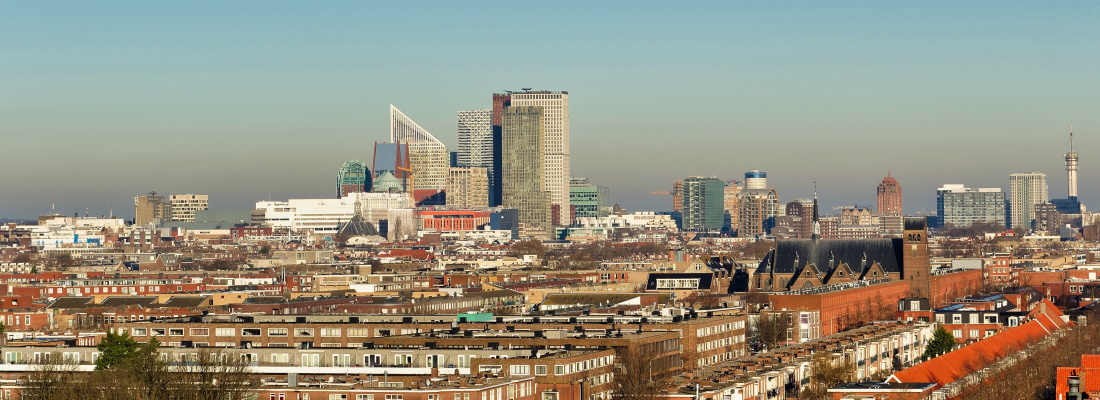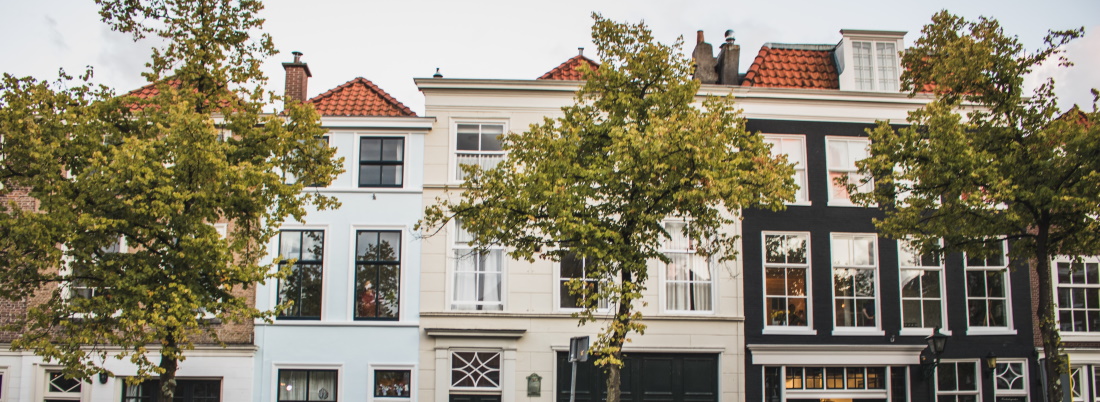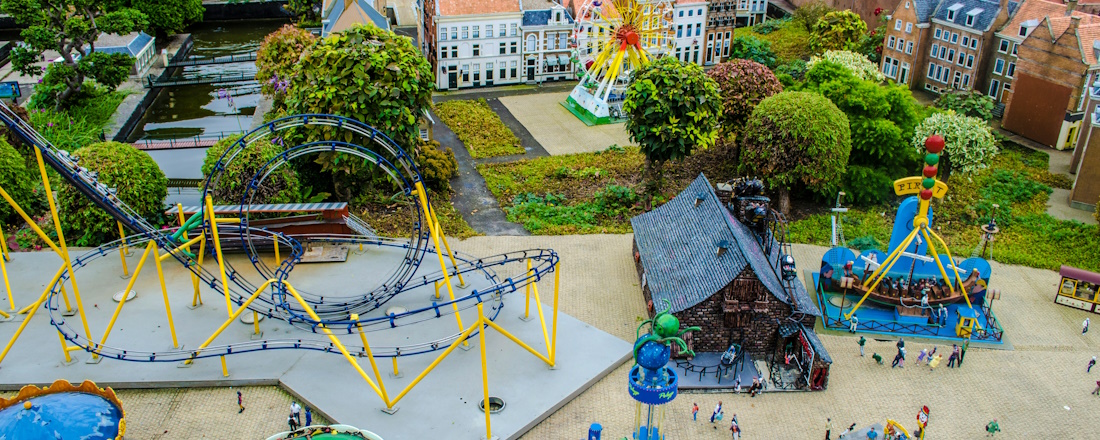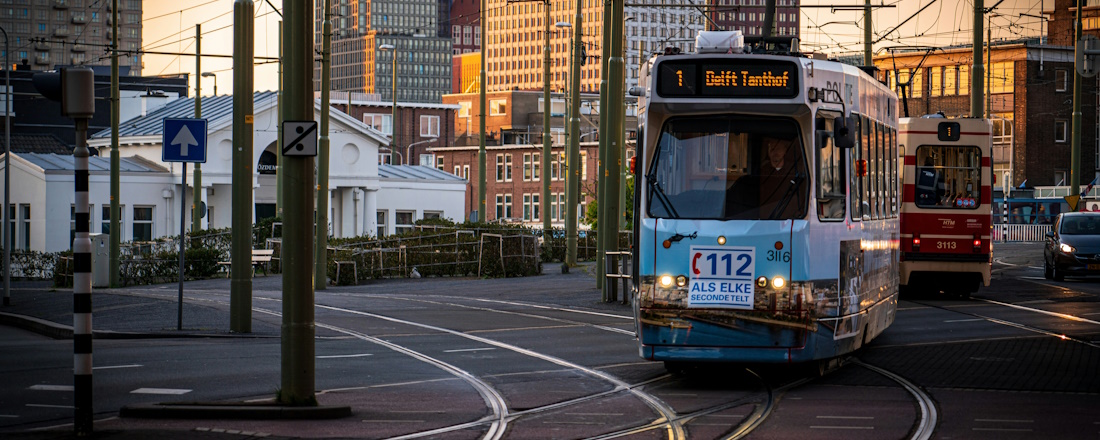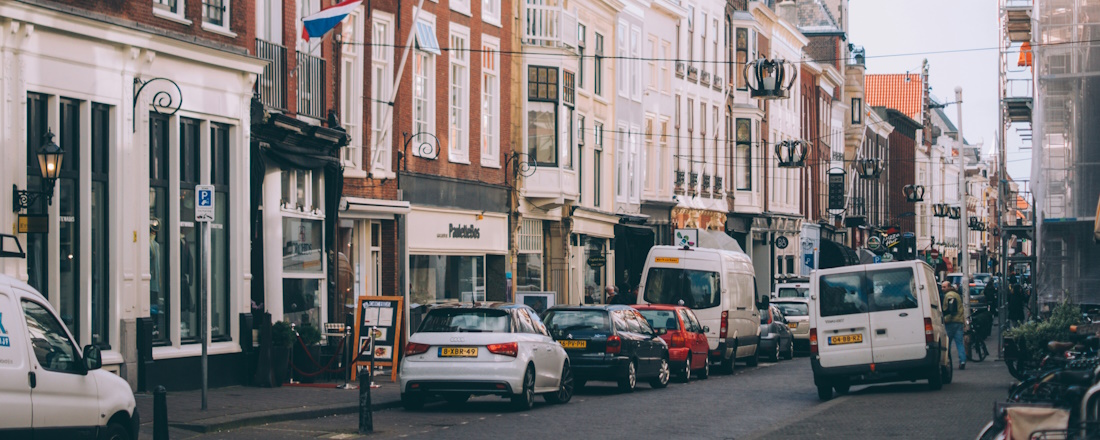Located in the west of the Netherlands and on the edge of the North Sea, The Hague is often referred to as the judicial capital of the world, owing to the many international courts in the city. It’s the seat of the national government and the country’s third-largest metropolis.
The Hague is also a major United Nations host city and home to more than 150 international organisations and many EU institutions, multinational companies, and embassies. All of which make it one of Europe’s most popular destinations with a distinctly international character.
Living in The Hague
Living in The Hague means embracing a city that has evolved from its reputation as conservative and sedate into a dynamic, progressive urban hub. Known as the ‘international city of peace and justice’, The Hague combines a strong commitment to sustainability with cultural diversity. The Hague offers a high quality of life, ranking highly in climate, healthcare, and safety metrics.
In The Hague, you’ll find an inviting mix of green spaces, picturesque historical buildings, and a beautiful coastline. The Hague’s nightlife and shopping streets have also been revitalised. Annual events like ShoppingNight bring life to the city centre, and a variety of bars, clubs, and live music venues cater to relaxed evenings. For outdoor enthusiasts, Scheveningen Beach offers windsurfing, kitesurfing, and sunbathing, while local parks like Westbroek Park and Scheveningen Woods are perfect for picnics and jogs.
The Hague’s compact layout and efficient public transport make getting around a breeze. Cycling is a local favourite, with dedicated bike lanes weaving through the city’s charming streets. You’ll also find accommodation options ranging from historical residences to modern flats, each offering character and comfort.
Lifestyle in The Hague
Public Transport in The Hague
Accommodation in The Hague
Cost of living in The Hague
The cost of living in The Hague is often lower than in Amsterdam and other major European cities, but it remains a significant consideration. Housing costs can be high, although the city’s affordability initiatives, such as permits for social and midsegment rentals, aim to provide relief.
Public transport is efficient but can add up over time, making cycling or walking attractive alternatives. You can save money by cycling, which offers both cost-effectiveness and a healthier lifestyle. Visiting local markets for groceries and enjoying free or low-cost events are other popular strategies to keep expenses in check.
Family and children in The Hague
If you’re moving with children, you’ll be pleased to know that The Hague hosts a wide selection of international schools catering to diverse global standards, including the International Baccalaureate, British, American, and European curricula.
Families can also enjoy recent additions to the city’s attractions, such as the LEGOLAND Discovery Centre and SEA LIFE Scheveningen. These venues provide interactive and educational experiences for children. The city’s abundance of green spaces, from Westbroek Park to Scheveningen Woods, and its safe and efficient infrastructure make it a perfect place to raise a family. Cultural landmarks, theatres, and museums further enrich the experience of living here.
Education in The Hague
International Schools in The Hague
Climate in The Hague
The Hague enjoys a temperate coastal climate, with milder winters than inland cities and sunny, warm summers. The North Sea moderates temperatures throughout the year, creating a pleasant environment for outdoor activities. This coastal position also increases rainfall and brings occasional strong winds, particularly in autumn and winter.
Seasonal activities in The Hague are as varied as its climate. Spring sees parks and gardens bloom, with highlights like the Japanese Garden in Clingendael Park. Summer invites beachgoers to Scheveningen for water sports and festivals.
In autumn, cultural events and museum visits come into focus, while winter is perfect for festive markets and ice skating. The city’s climate and lifestyle make it a year-round destination for both relaxation and adventure.
The Hague continues to attract families and professionals alike, thanks to its relaxed lifestyle, excellent amenities, and thriving international community. You might just find yourself staying far longer than you anticipated.
